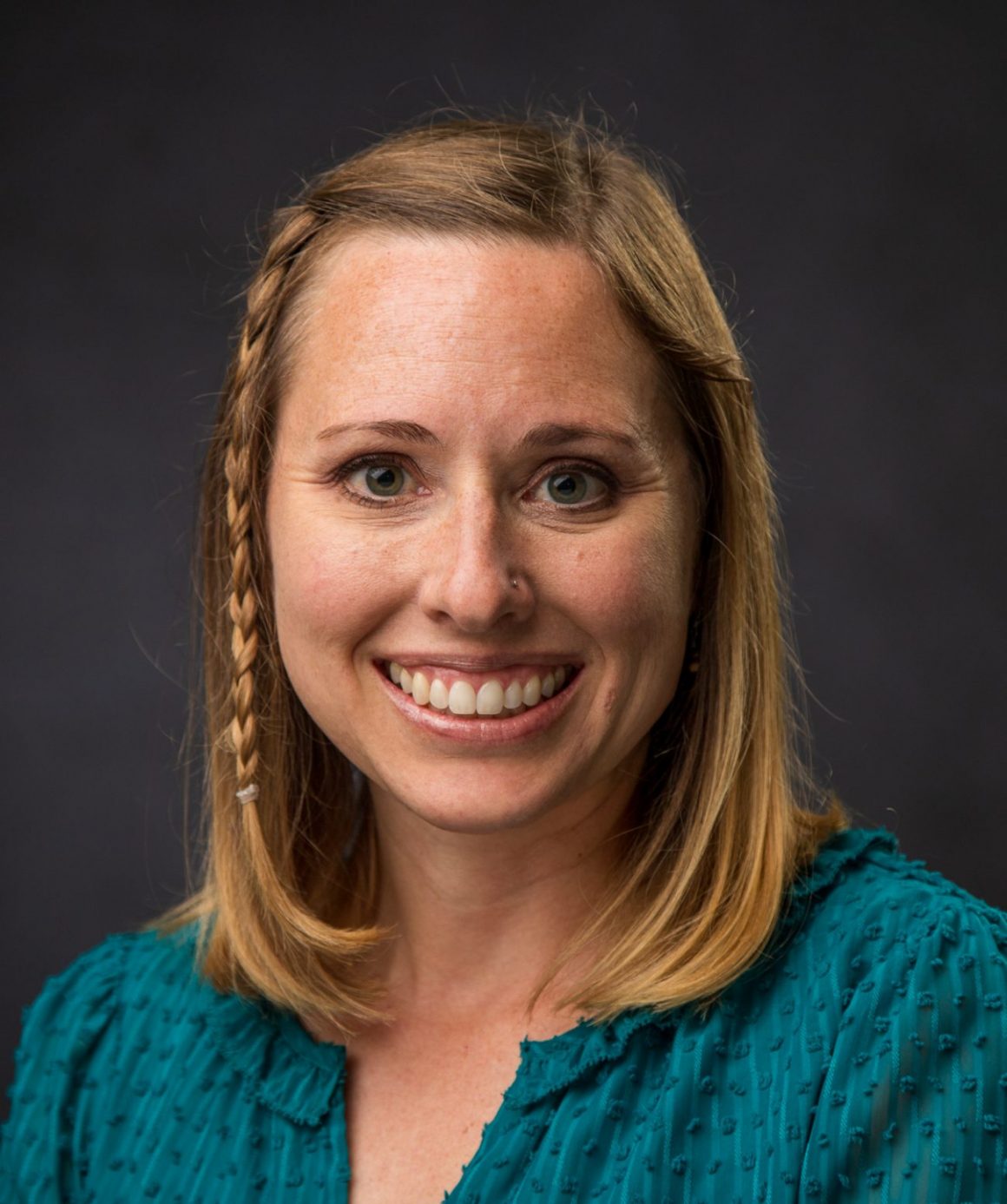by Dr. Erin Kingsley, Guest Author
At first, to be honest, I relished the abrupt and absolute vanishing of all the entries on my calendar after the Covid-19 pandemic hit. No more soccer games on Saturdays. No more church on Wednesday nights. No more showing up in person to teach, or driving my kids to and from school. No more anything outside of the home. The shelter in place order fed my shadow introvert tendencies. I relished wearing yoga pants every day, sleeping in, and the extra time with my family.
That was five months ago.
Now, as Covid-19 cases proliferate, I’m battling despair. Will I ever be able to gather with my students again? Are hugs a thing of the past? Will I have to renew my feeble attempts homeschooling my kids this fall? When will I be able to travel with my family? And am I a horrible person for fixating on something as shallow as travel when people are dying and careers, entire lives, are going up in flames?
In the midst of so much uncertainty, I turn to my wise friends. Pema Chodron, who advises me to “practice gentleness and letting go. We can learn to meet whatever arises with curiosity and not make it such a big deal.” John O’Donohue, who crafts blessings even for absence, death, grief, failure: “What is being transfigured here is your mind, / And it is difficult and slow to become new.” Barbara Brown Taylor, who reminds me that walking in the dark times can yield great gifts: “Whether it is a seed in the ground, a baby in the womb, or Jesus in the tomb, it starts in the dark.” And of course Mary Oliver, my best poetic friend. I memorize poetry as a spiritual practice, focusing on the Psalms from the Bible and “secular” poetry.
I don’t really believe anything is secular, because secular is defined as not having any overt spiritual basis, and I just don’t think that’s possible in a world upheld by God’s provision. Drawing on the 15th century anchoress Julian of Norwich, who had a vision of God-as-Mother holding the world in her hand like a little hazelnut, every single thing in existence is rooted in God’s grace and exists because of God’s loving-kindness and infinite mercy and care. And if we agree with James K. A. Smith, who argues that we base our entire lives on our loves, and every action we make is in an effort to pursue that love—well then, everything in life, from literature and poetry to sports and prestigious careers, are based on a religion, a form of worship and loving adoration. Put simply: the Divine is part of every single thing.
This is not to suggest that we fallen humans don’t routinely break this direct connection to the Divine. We do, every day, in heartbreaking ways too numerous to count. We don’t love our brothers and sisters as ourselves. We give into fear, into racism, into sexism, into prejudice. We chase money and sex and fame and good looks. We break the holy relationship. As Gerard Manley Hopkins writes in “God’s Grandeur,” “all is seared with trade; bleared, smeared with toil; / And wears man’s smudge and shares man’s smell: the soil / Is bare now, nor can foot feel, being shod.”
And yet. Despite all appearances, despite the anger and pain and shame and loss and heartbreak and death and pollution and political rancor, God-as-mother continues to cradle all things in her hands. The poem I’m currently memorizing is “Mindful” by Mary Oliver. In the poem, she mediates on the good, quiet things of the world:
the untrimmable light
of the world,
the ocean’s shine,
the prayers that are made
out of grass.
She asks, how can a person not grow wise after entering into an attentive relationship with such teachers?
There is much (MUCH) I don’t know, but I do know to be mindful of the many manifestations of the Divine in my quotidian life. My son leaping up the stairs with a wooden sword we bought him at the Tower of London. My husband frying eggs for the family every morning. My dog rolling contentedly in the grass. The fat, red toad that has camped out on my porch for the past week. The winking fireflies at dusk. These things are my “prayers that are made out of grass”—ephemeral, visual reminders that there is hope and grace and mercy and peace in the world. Reminders that I may not know what global or personal havoc Covid-19 will continue to wreak, but I can focus on these small miracles right in front of me, and I can let their gentle wisdom soften my spirit and equip me for the road ahead.

Erin Kingsley is an Associate Professor of English at King University, where she has taught a variety of literature courses for the past five years. Erin currently serves as the Managing Editor of the international, award-winning journal Feminist Modernist Studies, and is also the Membership Coordinator for the International Virginia Woolf Society. She has published on modernist women writers, gestational narratives, and the body, and is currently completing her first monograph entitled Gestational Modernism. A proud native of Idaho, Erin currently lives in Blountville, TN with her husband, two kids, and rescue puppy. She delights in yoga, hiking to waterfalls, farmer’s markets, travel, and Jesus (not in that order).
Click here to view all of the articles written by guest authors for The Kayseean.
